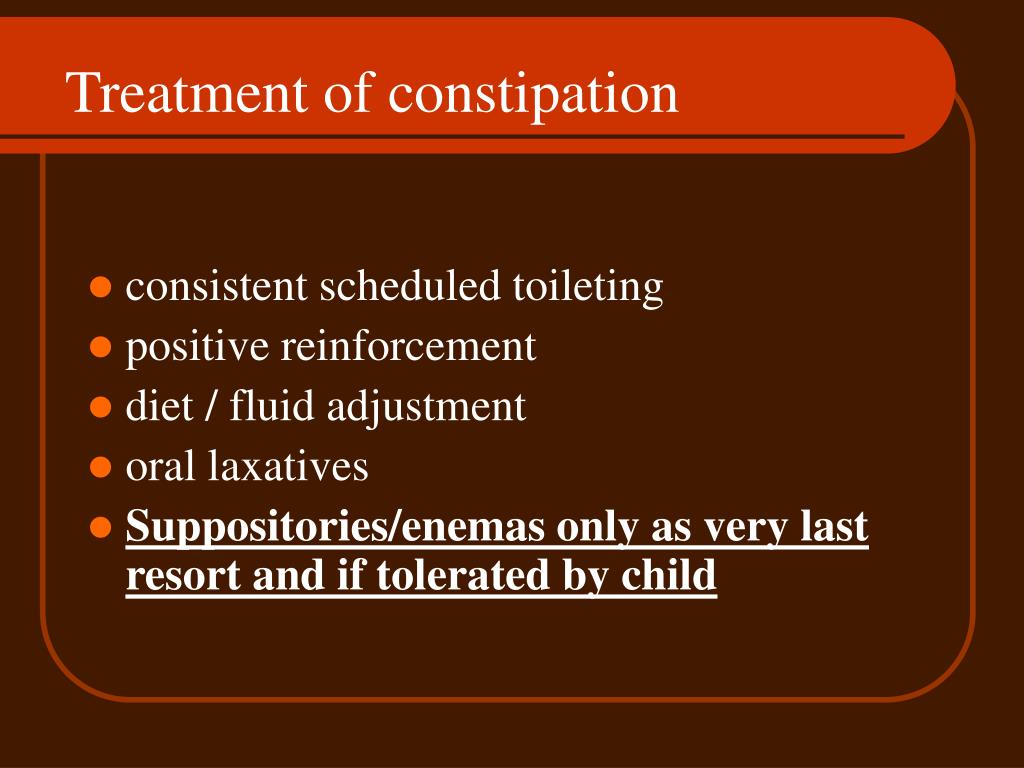Osmotic Laxatives Long Term Use. The active ingredients include magnesium, sulfate, citrate, and phosphate. But don't take more than the recommended amounts of these laxatives, or use them long-term, because they can throw off your chemistry.

Combined with an underperforming kidney or heart failure, saline osmotic laxatives can be dangerous.
Take The Gut Check & Learn About IBS-C Symptoms.
What are the side effects of laxatives? Overuse of certain laxatives can lead to dependency and decreased bowel function. Long-term use of laxatives has been associated with laxative dependence, chronic constipation, and loss of normal bowel function. b. Some laxatives might interact with medications, so it's important to talk to your doctor before using this kind of product. The stool softeners also produce little adverse effects and are usually safe but potentially can have serious problems. Polyethylene glycol is a common ingredient in osmotic laxatives.
Osmotic laxatives increase the amount of water in the large bowel, either by drawing fluid from the body into the bowel or by retaining the fluid they were administered with. Nevertheless, considering the relatively short study durations of the trials presented in. Long-term, regular use of stimulant laxatives may lead to laxative dependency and reduce the body's natural ability to defecate. Osmotic laxatives come in over-the-counter and prescription forms, and they work by increasing the flow of water into the intestines to produce softer and easier-to-pass stools. Despite the widespread use of osmotic and stimulant laxatives by health professionals to manage constipation in children, there has been a long standing paucity of high quality evidence to support this practice. But not all laxatives are safe for long-term use.
Laxatives are not recommended for long-term use and should not be used to relieve other gastrointestinal symptoms. Most people who use laxatives don't need them, and long-term use of laxatives can have serious health repercussions like disruption of metabolite levels (body salts), dehydration, kidney injury, and even death. Long-term, regular use of stimulant laxatives may lead to laxative dependency and reduce the body's natural ability to defecate.






